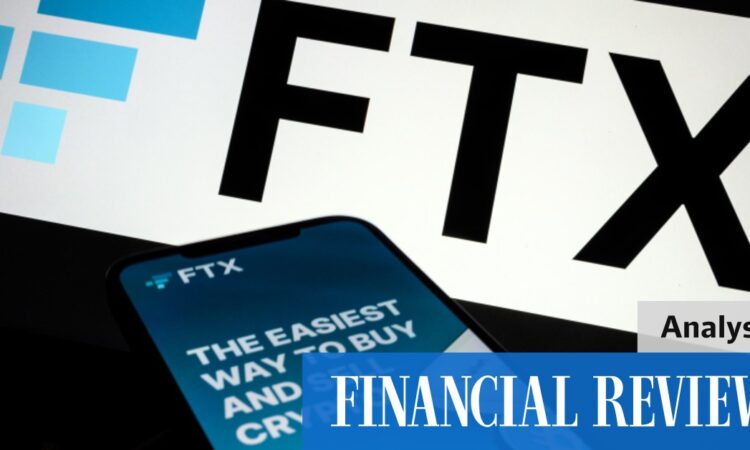
In general, global regulators have taken different policy positions in response to the crypto industry’s massive advertising budgets and promotional clout.
In Australia, the marketing of cryptocurrencies falls under restrictions imposed by the Competition and Consumer Act 2010. ASIC also has powers delegated by the Australian Competition and Consumer Commission to act against misleading or deceptive conduct, according to lawyers Gilbert & Tobin.
Crypto advertising
In January 2022, the United Kingdom forced advertisers to prominently disclose that cryptocurrencies are unregulated in the UK, profits may be subject to capital gains tax, and the value of investments can fall and rise.
The United States permits crypto advertising with little regulation and confusion reigns across different enforcers about whether crypto should be classified as a security, commodity, or currency.
By contrast, Dubai in the United Arab Emirates has openly courted the industry with tax breaks, fast-tracked licensing, and lavish parties. Almost every spare square inch of its international airport displays crypto advertising.
However, critics question Dubai’s reputation for financial probity as governments scramble to strike a balance between preventing money laundering and managing innovation.
In an October paper, MAS acknowledges that while it cannot ban cryptocurrencies in Singapore, it strongly discourages consumers from buying them and proposed that licensed exchanges limit access to consumers based on a minimum financial knowledge, or sophistication.
It also proposes to force exchanges to ban the use of credit or leverage and properly segregate customers’ assets under a custodial system.
However, eliminating counterparty risk won’t protect customers from the market risk of custodised assets falling to zero.
FTX’s historic wipeout has done little to allay the argument that crypto speculation is mainly for broke people trying to get rich.
Speculative altcoins like Solana, Cardano, Dogecoin, and Shiba Inu are now down 90 per cent from record highs and many of FTX’s customers are nursing 100 per cent losses on holdings.
Elsewhere, other major exchanges like Crypto.com are under pressure after Binance’s crypto boss Changpeng Zhao used Twitter on November 13 to warn customers to “stay away” from certain exchanges.
Contagion
Crypto.com’s proprietary Cronos token has plunged 26 per cent in a little over 24 hours since the warning, as online rumours prompt panicked customers to redeem funds in an echo of FTX’s collapse.
In response to plummeting trust in the industry, Binance, Crypto.com, OKX and Deribit have vowed to prove they hold sufficient reserves to match their liabilities.
Singapore’s move to all but ban private cryptocurrencies from the public sphere hasn’t stopped it pressing ahead with plans to allow what it defines as stablecoins pegged to a single currency (SCS).
“SCS issuers must hold reserve assets in cash, cash equivalents or short-dated sovereign debt securities that are at least equivalent to 100 per cent of the par value of the outstanding SCS in circulation, and these assets must be denominated in the same currency as the pegged currency. Requirements on audit and segregation of reserves, and timely redemption at par value will also apply,” it said.
Banks in Singapore will be allowed to issue SCS under the proposals with no additional reserve backing, and equivalent prudential requirements applicable to the tokenised form of bank liabilities given existing capital and liquidity frameworks.
The South East Asian nation that has always used tough regulation as a competitive advantage for its financial services industry may be ahead of the competition again.






